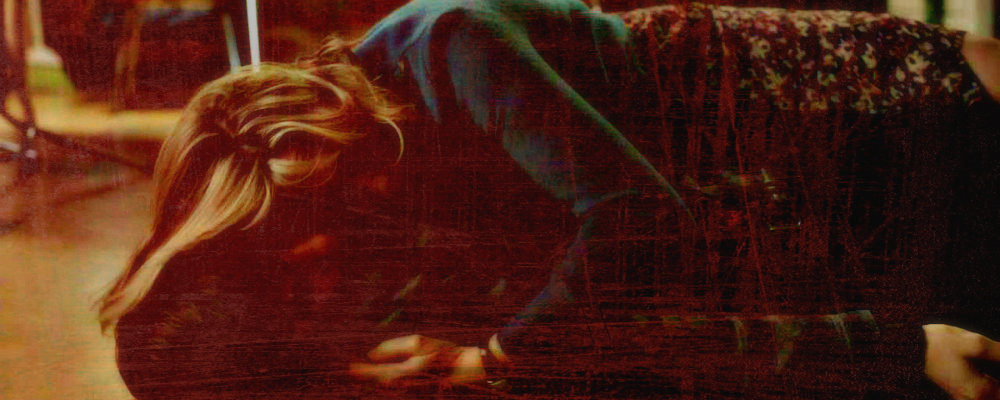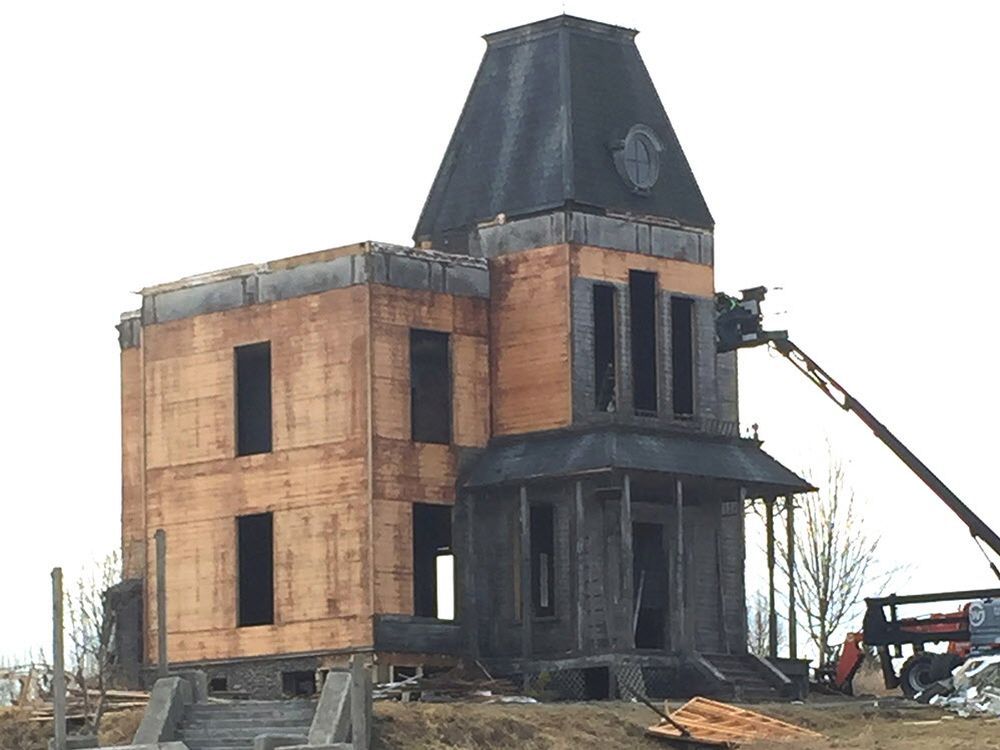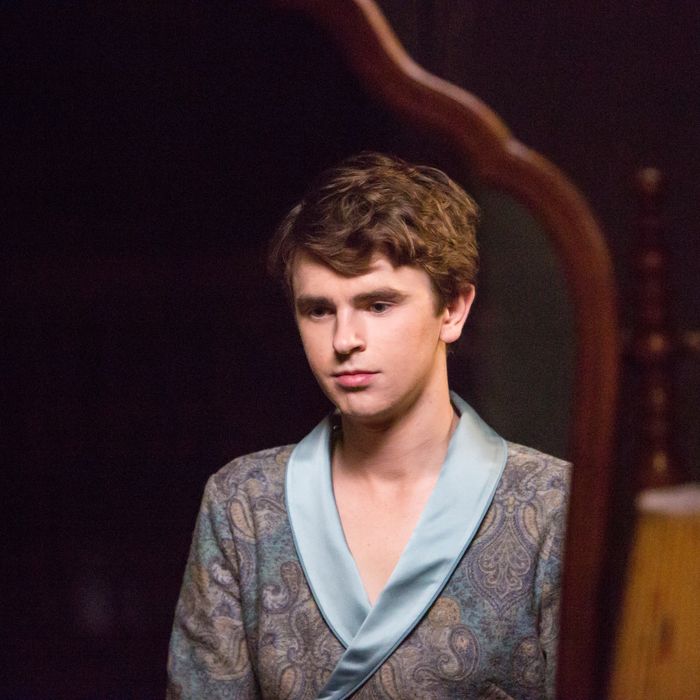Bates Hotel stands as a cornerstone of horror culture, captivating audiences with its chilling narrative and complex characters. This infamous establishment, rooted in both psychological horror and gothic elements, serves as a backdrop for the unsettling tale of Norman Bates, whose character evolution captivates and horrifies in equal measure. The hotel’s haunting atmosphere is intricately woven into the storyline, amplifying the themes of isolation and duality that resonate throughout.
From its historical significance to its profound influence on contemporary horror, Bates Hotel continues to enthrall fans and critics alike, ensuring its legacy endures in the annals of cinematic history.
Bates Hotel Overview

Bates Hotel, a quintessential establishment in the realm of horror culture, first gained notoriety through Alfred Hitchcock’s 1960 film “Psycho.” This eerie motel, set in the fictional town of Fairvale, California, serves as the backdrop for a chilling narrative that delves into themes of identity, madness, and the fragility of the human psyche. Its significance extends beyond the screen, influencing countless adaptations and imitations in the horror genre, solidifying its place in cinematic history.
The character of Norman Bates is one of the most complex and psychologically intriguing protagonists in horror fiction. Initially introduced as a timid and socially awkward young man, Norman’s character evolves dramatically throughout the series. He grapples with the overwhelming presence of his mother, Norma Bates, whose domineering influence shapes his identity and actions. As the series progresses, viewers witness his descent into madness, exploring the duality of his character – the duality between the innocent Norman and his darker alter ego. This transformation highlights the interplay between nature and nurture, providing a profound commentary on the impact of trauma and mental illness.
Hotel Setting Influence
The setting of Bates Hotel is integral to the overall atmosphere of the narrative, contributing to the sense of dread and isolation that permeates the story. The hotel itself, with its Victorian architecture and eerie decor, creates an unsettling environment that mirrors Norman’s fractured psyche. The following elements exemplify the importance of the hotel setting:
- Architectural Style: The gothic design of the hotel, complete with creaking stairs and dimly lit rooms, fosters a sense of claustrophobia and foreboding. This architectural choice enhances the psychological horror that unfolds within its walls.
- Isolation: Located away from the bustling city, the hotel serves as a metaphorical and literal retreat from society. This seclusion intensifies the character’s feelings of entrapment, both physically and mentally.
- Symbolism: The hotel acts as a symbol of Norman’s internal conflict. Its decaying structure reflects his deteriorating mental state, illustrating the consequences of unresolved trauma and familial bonds.
- Atmospheric Elements: The use of lighting, shadows, and sound design within the hotel setting amplifies tension, crafting an immersive experience that heightens the sense of fear and suspense.
“Bates Hotel is not just a setting; it is a character in its own right, embodying the darkness and turmoil that define Norman Bates.”
Themes and Symbolism

The narrative of Bates Hotel is intricately woven with profound themes and rich symbolism that echo throughout the series. Central to the storyline are the themes of isolation, duality, and the haunting presence of psychological disturbances. These elements not only serve to develop characters but also to immerse the audience in the eerie and unsettling atmosphere that the Bates Hotel embodies. This psychological thriller explores the impact of trauma and the complexity of human nature, allowing for a nuanced examination of its characters and their motivations.
The theme of isolation pervades the series, manifested both physically and emotionally. The Bates Hotel itself stands as a monument to loneliness, hidden away from the bustling outside world. It becomes a character in its own right, embodying the isolation faced by Norman Bates and his mother, Norma. The hotel’s dilapidated yet hauntingly beautiful architecture reflects their troubled psyche and serves as a physical barrier between them and society. The emotional isolation experienced by Norman, exacerbated by his tumultuous relationship with his mother, further deepens the narrative’s exploration of solitude.
The Symbolism of the Hotel, Bates hotel
The Bates Hotel is laden with symbolic elements that speak volumes about the inner turmoil of its inhabitants. Each facet of the hotel reflects the themes of the series and enhances the plot’s underlying tension.
- Room 1: This room is a significant locus of trauma, serving as a backdrop for pivotal scenes that illustrate Norman’s psychological fragmentation. It represents the threshold between sanity and madness.
- The House: The Gothic architecture of the Bates residence mirrors Norman’s disturbed mind, where the physical decay of the structure parallels his mental deterioration.
- The Sign: The hotel sign, often obscured and forgotten, signifies the hidden aspects of Norman’s personality and the dark secrets that lurk within the walls.
The themes of isolation and duality are intricately interwoven within the narrative, showcasing Norman’s struggle between his benevolent persona and the dark urges that plague him. This duality is represented through Norman’s relationship with his mother, wherein he oscillates between being a caring son and a tormented individual, reflecting the broader theme of internal conflict. The isolation faced by both Norman and Norma encapsulates the idea that true horror often lies within the self, making their relationship a poignant exploration of dependency and madness. The stark contrast between their external appearances and internal realities further amplifies the narrative’s tension, culminating in a chilling portrayal of the human psyche under duress.
Character Analysis
The intricate characterisation within Bates Hotel reveals the complexities of human psychology and interpersonal dynamics. At the heart of this narrative lies Norman Bates, a figure emblematic of the darker recesses of the human psyche. This analysis delves into his psychological profile and the evolution of key characters, framing their relationships with the enigmatic Bates Hotel.
Psychological Profile of Norman Bates
Norman Bates presents a unique case of psychological duality, attributed largely to his deeply troubled upbringing and the domineering influence of his mother, Norma Bates. His motivations stem from profound feelings of inadequacy and a desperate need for approval, exacerbated by the abandonment he felt after his mother’s death. The manifestation of his split personality, which often oscillates between the innocent Norman and the sinister ‘Mother’, underscores his internal conflict and the trauma that fuels his violent tendencies. This duality serves as a coping mechanism for his overwhelming psychological distress.
In exploring Norman’s character, one encounters his deep-seated loneliness and craving for genuine connection, which often leads him to seek out relationships that mirror his unhealthy attachment to his mother. His inability to forge stable connections results in a tragic cycle of manipulation, violence, and ultimately, self-destruction.
Development of Key Characters
The characters within Bates Hotel are intricately woven into Norman Bates’ narrative, each playing a crucial role in his psychological decline and the restaurant’s haunting legacy. Their relationships highlight various themes such as isolation, dependence, and the struggle for identity in a world rife with trauma.
Key characters include:
– Norma Bates: Norman’s mother, whose overpowering presence and psychological manipulation significantly shape Norman’s psyche. Her death triggers the descent into madness that defines the series.
– Emma Decody: A close friend to Norman, Emma embodies innocence and empathy, often pushing Norman toward moments of clarity amidst his chaos. Her unwavering support contrasts with Norman’s turbulent relationships.
– Dylan Massett: As Norman’s half-brother, Dylan represents a bridge to a more conventional life. His protective nature and attempts to distance Norman from their mother’s influence illustrate the complexities of familial bonds.
– Chick Hogan: Initially appearing as an ally to Norman, Chick’s obsession with the Bates legacy ultimately complicates Norman’s journey, revealing the darker sides of loyalty and ambition.
Supporting Characters and Their Impact
The supporting characters within Bates Hotel enrich the narrative and underscore the main themes of obsession, trauma, and the human condition. The following table illustrates their roles and the impact they have on the storyline:
| Character | Role | Impact on Story |
|---|---|---|
| Norma Bates | Mother | Her controlling nature shapes Norman’s identity and leads to his psychological issues. |
| Emma Decody | Friend | Her kindness provides Norman with a fleeting sense of normalcy and friendship. |
| Dylan Massett | Half-Brother | Attempts to protect Norman, representing hope for redemption amidst chaos. |
| Chick Hogan | Writer/Ally | His obsession with the Bates legacy complicates Norman’s life further, leading to increased tension. |
The interplay between these characters and Norman Bates serves to illuminate the series’ exploration of familial ties, mental illness, and the quest for identity within the confines of a troubled past.
Cultural Impact and Legacy: Bates Hotel

Bates Hotel has left an indelible mark on the horror genre, shaping and influencing various contemporary films and television series. Its unique blend of psychological thriller elements, character-driven narratives, and chilling atmospheres have resonated across pop culture, inviting numerous adaptations and interpretations. The legacy of Bates Hotel is not simply confined to its striking narratives; it permeates the very fabric of horror storytelling today.
The influence of Bates Hotel on contemporary horror films and series is substantial. Its innovative approach to horror, particularly through the exploration of complex characters and psychological depth, has redefined audience expectations. Notable examples of its impact can be seen in the following:
Influence on Contemporary Horror
The show has inspired a multitude of modern horror narratives that delve deep into the psyche of their characters. Various elements from Bates Hotel have been adopted or echoed in these series and films:
- Psycho-analytical Horror: Many recent horror productions, such as ‘The Haunting of Hill House’ and ‘American Horror Story’, reflect a deep psychological exploration similar to that of Bates Hotel.
- Character Complexity: The treatment of characters, particularly antiheroes and villains, has become more nuanced in series like ‘Dexter’ and ‘Mindhunter’, where the focus on backstory and motivation is paramount.
- Atmospheric Storytelling: The meticulous attention to atmosphere and tension-building can be observed in films like ‘Hereditary’ and ‘Midsommar’, solidifying the idea that horror is best when it evokes a gradual sense of dread.
Fan reception and critical acclaim have played a pivotal role in cementing the legacy of Bates Hotel. The series has garnered a dedicated fanbase and critical recognition over the years, as evidenced by its accolades and continued discussions in horror circles. The reception can be summarised as follows:
Fan Reception and Critical Acclaim
Bates Hotel has been well-received by both audiences and critics for its innovative storytelling and engaging performances. The significant points of its acclaim include:
- Critical Awards: The series has been nominated for and won several awards, including the Critics’ Choice Television Awards, showcasing its quality and impact within the genre.
- Fan Engagement: The unique character dynamics, particularly that of Norman and Norma Bates, have sparked intense discussions and fan theories, fostering an engaged community that continues to celebrate the series long after its conclusion.
- Cultural References: Bates Hotel has been referenced in various other media, illustrating its enduring influence on popular culture. From parodies to homage in various series, its legacy is undeniably pervasive.
The various adaptations of Bates Hotel across different media forms underscore its cultural significance. Its story has transcended the screen, finding life in various creative expressions. This can be highlighted through the following mediums:
Adaptations in Various Media Forms
The adaptability of the Bates Hotel narrative illustrates its versatility and relevance. Notable adaptations include:
- Books: Several novels and graphic novels have been inspired by the themes and characters of Bates Hotel, expanding its narrative universe.
- Stage Productions: The haunting story of Bates Hotel has been adapted into theatrical performances, capturing the essence of psychological horror in live formats and offering fresh interpretations.
- Video Games: The psychological elements and suspenseful storytelling have been emulated in video game formats, allowing players to immerse themselves in Bates-related narratives, enhancing interactivity with the source material.
The luxurious four seasons hotel and residences fort lauderdale offers an exquisite experience, blending opulence with serene beachfront views. It’s an ideal retreat for those seeking both relaxation and grandeur. Meanwhile, for travellers desiring a consistent and high-quality stay, exploring the various marriott bonvoy hotels can provide an array of options tailored to suit diverse preferences, ensuring memorable visits wherever you may roam.
When pondering a lavish getaway, the four seasons hotel and residences fort lauderdale is undeniably a top contender, presenting unmatched amenities and stunning surroundings. On the other hand, if you’re on the lookout for reliability and comfort, the impressive selection of marriott bonvoy hotels across the globe ensures that your stay is consistently enjoyable and well catered for.